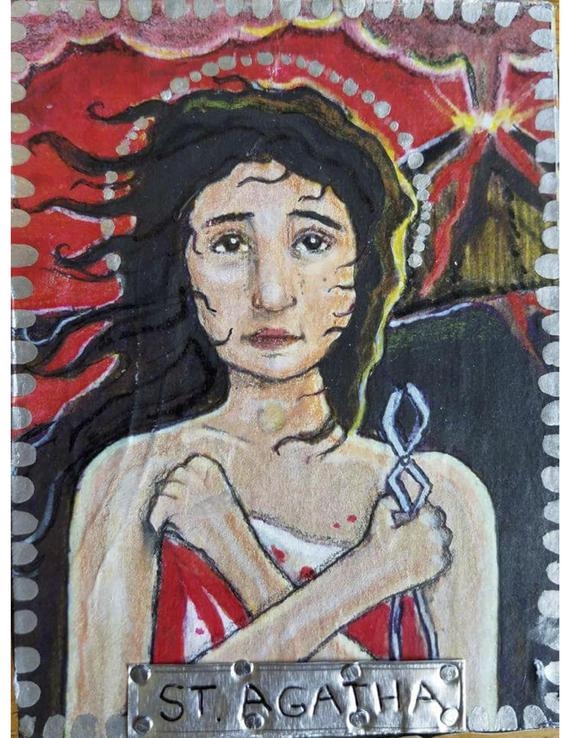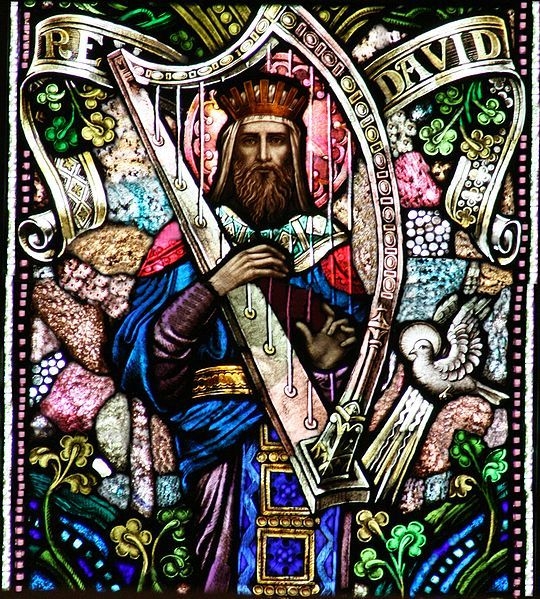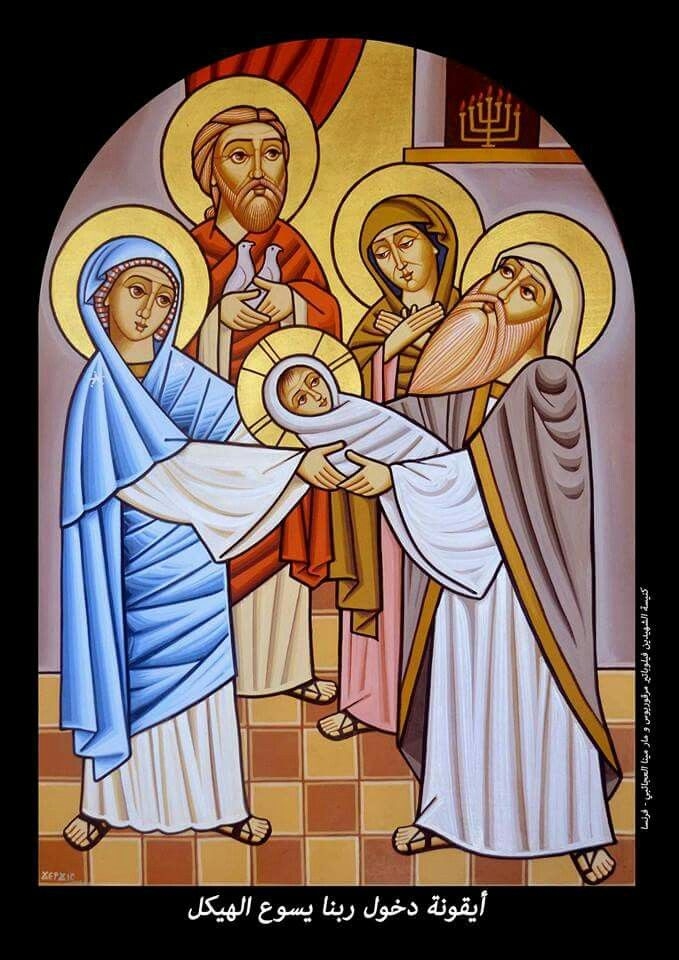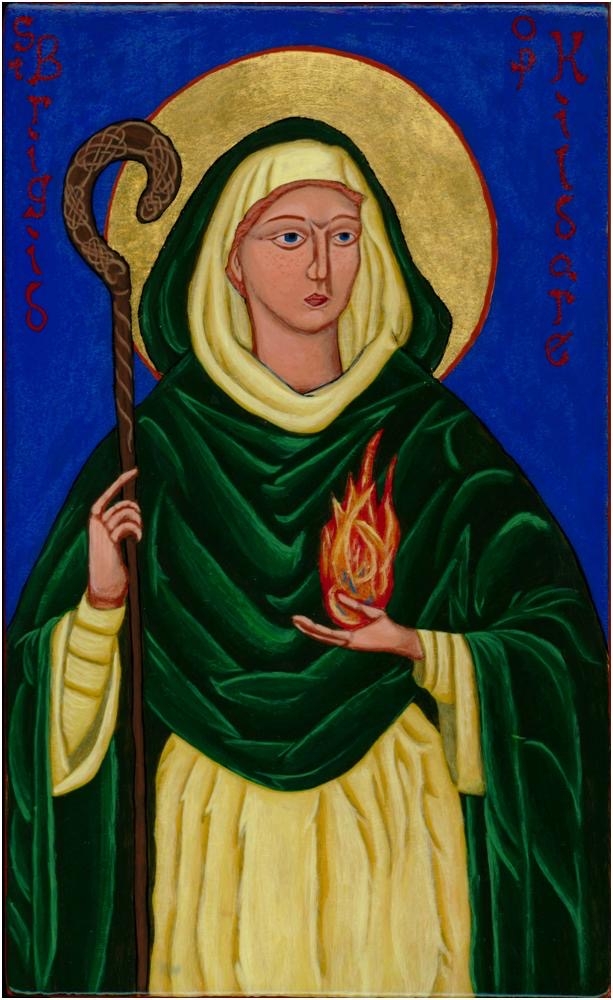These reflections are a result of more than 40 years of ministry as a Roman Catholic priest. Most of these years I spent in the Diocese of Charlotte which covers Western North Carolina. Now I am retired, and live in Medellín, Colombia where I continue to serve as a priest in the Archdiocese of Medellín.

Responsorial Psalm (Psalm 119)
R. Lord, teach me your statutes.
With all my heart I seek you; let me not stray from your commands.
R. Lord, teach me your statutes.
https://bible.usccb.org/bible/readings/020522.cfm
Saint Agatha is one of the famous virgin martyrs of the early church. The tortures she suffered were discretely portrayed by church artists as two lumps under a cloth and gave rise to the somewhat mistaken custom of blessing rolls of bread on her feast day.

With his every deed he offered thanks to God Most High, in words of praise. With his whole being he loved his Maker and daily had his praises sung; He set singers before the altar and by their voices he made sweet melodies, He added beauty to the feasts and solemnized the seasons of each year
So that when the Holy Name was praised, before daybreak the sanctuary would resound. The Lord forgave him his sins and exalted his strength forever; He conferred on him the rights of royalty and established his throne in Israel. (Sir 47:2-11)
https://bible.usccb.org/bible/readings/020422.cfm
We reach the end of the story of David with this beautiful hymn to David’s accomplishments. After praising David’s skill against his enemies, the writer goes on to acclaim the most important part . . . David promoted sacred music! The video today is of my friend, Donna Germano, who died July 16, 2018. There were seven harpists who played her funeral Mass. The sanctuary was filled with sacred music!

Jesus summoned the Twelve and began to send them out two by two. So they went off and preached repentance. The Twelve drove out many demons, and they anointed with oil many who were sick and cured them. (Mk 6:7-13)
https://bible.usccb.org/bible/readings/020322.cfm
Healing the sick is a part of the apostolic mission as Jesus sends out the Twelve. Today is the Feast of Saint Blase with the custom of the Blessing of Throats. Two crossed candles are used for the blessing.

“Now, Master, you may let your servant go in peace, according to your word, for my eyes have seen your salvation, which you prepared in the sight of all the peoples: a light for revelation to the Gentiles, and glory for your people Israel.” (Luke 2:22-40)
https://bible.usccb.org/bible/readings/020222.cfm
The Canticle of Simeon (Nunc dimittis) is the gospel canticle for Night Prayer (Compline). I have sung it at funerals, especially at the graveside. The Feast of the Presentation (Candlemas) marks the 40th day of Christmas. In the ancient basilicas in Rome, the Nativity Scene stays up until this feast. The blessing of candles and the procession that are a part of this feast have always been important in my journey of faith. I was received into the Catholic Church on February 2, 1970, at the Cathedral-Basilica of the Immaculate Conception in Mobile, Alabama.

King David was shaken, and went up to the room over the city gate to weep. He said as he wept, “My son Absalom! My son, my son Absalom! If only I had died instead of you, Absalom, my son, my son!” (2 Sam 18:9-10, 14b, 24-25a, 30-19:3).
https://bible.usccb.org/bible/readings/020122.cfm
The death of Absalom pierces David’s heart. His anguished lament is the cry of every parent who has lost a child. Today is the feast of Saint Bridget, one of the three patron saints of Ireland.



